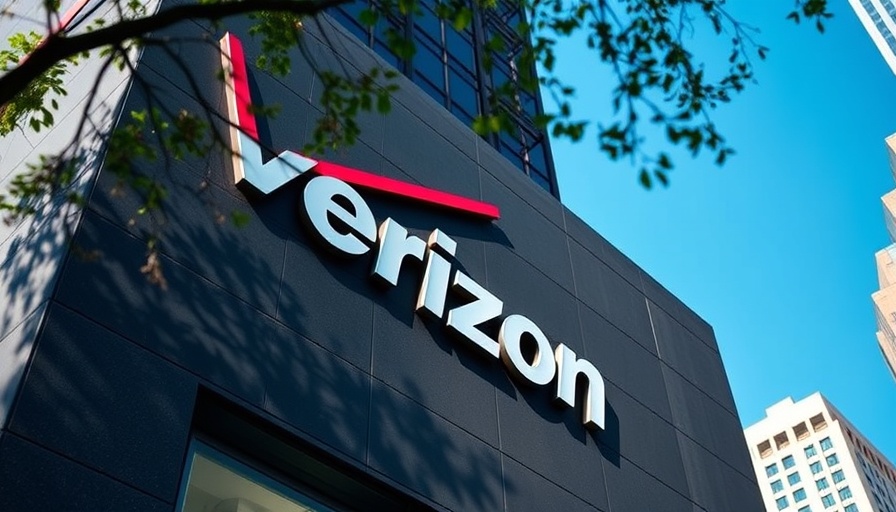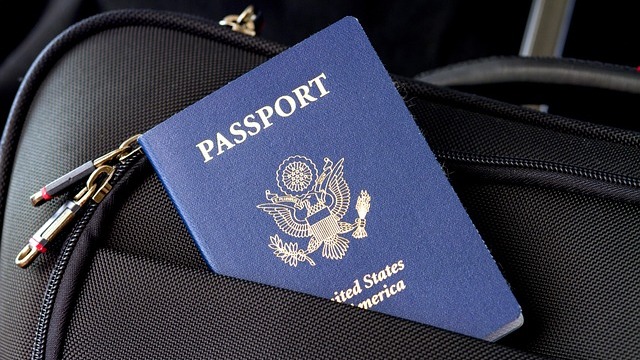
Understanding the Case of Discrimination and Slurs in the Workplace
In a significant ruling, a Pennsylvania federal judge determined that a Black former employee of Verizon Wireless could not claim unlawful discrimination after being let go for using an anti-Black slur at work. This decision highlights the complex interplay between workplace conduct and the protections afforded under Title VII of the Civil Rights Act of 1964.
The Incident and Its Aftermath
The employee, who was fired after reportedly using the offensive language during an exchange with a co-worker, argued that Verizon’s disciplinary actions were discriminatory. However, Judge Gail Weilheimer pointed out that the employee failed to provide sufficient evidence to establish that the termination was racially motivated. Title VII does not necessitate equal treatment of all employees in every situation, especially when inappropriate conduct, such as the use of slurs, is involved.
Broader Legal Context
This case is reflective of a larger legal discourse surrounding workplace discrimination and the use of racial slurs. Recent rulings across various courts have shown inconsistent standards. While some courts have established that even a single use of a discriminatory term can create a hostile environment, others, as in this case, ruled against an employee's claims when there was a failure to show direct racial bias from employers. In similar rulings, federal judges have been hesitant to allow claims based solely on overheard slurs if the complainant was not specifically targeted.
Implications for Employers and Future Candidates
For talent acquisition managers and HR professionals, this case underscores the importance of clear policies regarding racial slurs and offensive language in the workplace. A culture that tolerates such behavior can resonate negatively within the candidate experience, impacting recruitment efforts. Employers must navigate their hiring process optimization carefully, ensuring that policies not only hold employees accountable but also promote an inclusive environment.
Fostering an Inclusive Hiring Culture
The ruling has broader implications for hiring trends that prioritize a positive workplace culture. Businesses should focus on recruitment best practices that encourage respect and understanding among employees. This might involve implementing training aimed at addressing issues of diversity and inclusion while fostering open conversations about language and its impact. Recruitment strategies must evolve to consider both legal compliance and the moral obligation to create respectful workplaces.
This case opens up essential conversations about workplace dynamics and how they affect hiring and retention. HR leaders should be proactive in developing a talent pipeline that reflects diversity while protecting all employees from discrimination.
 Add Row
Add Row  Add
Add 




Write A Comment